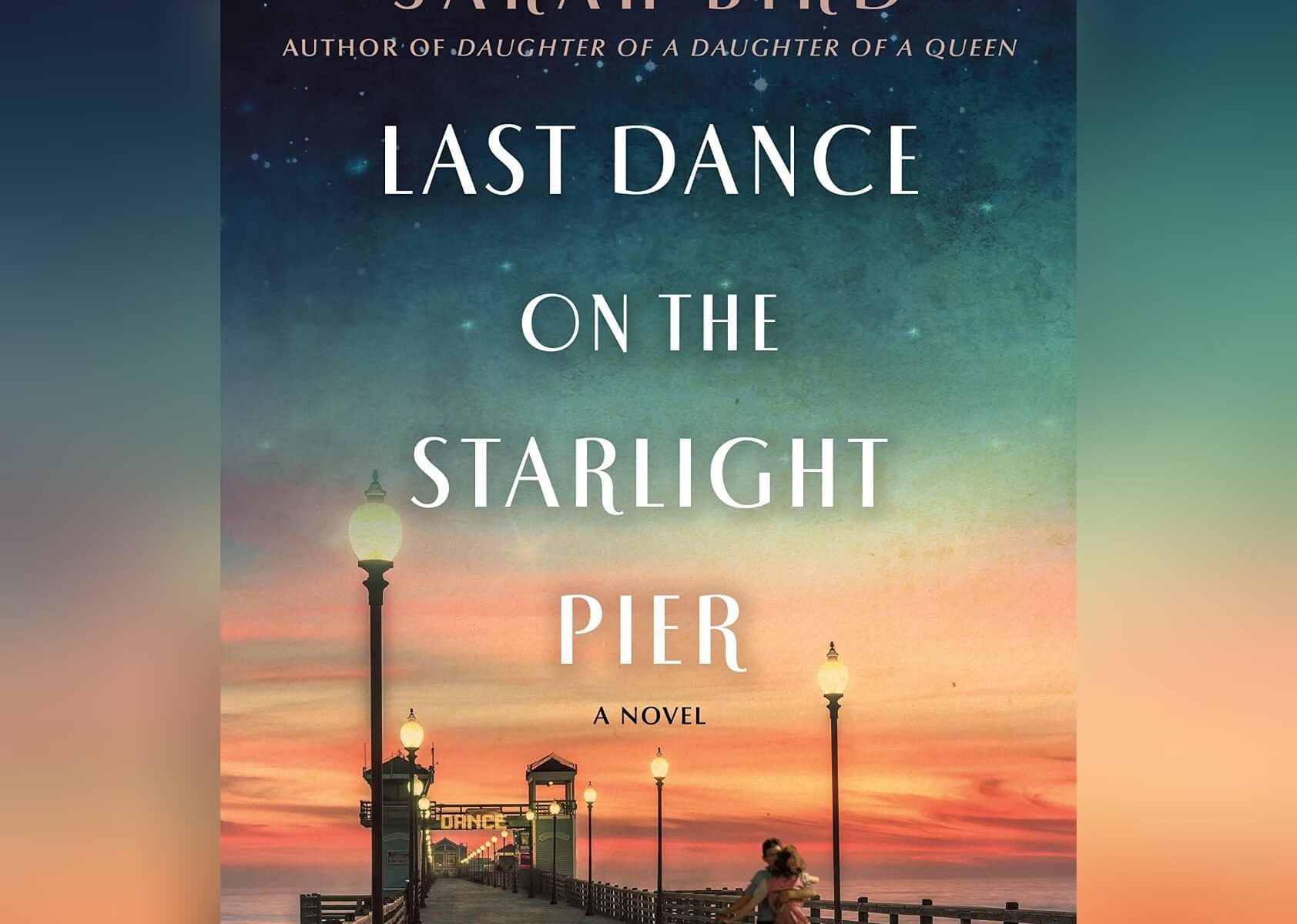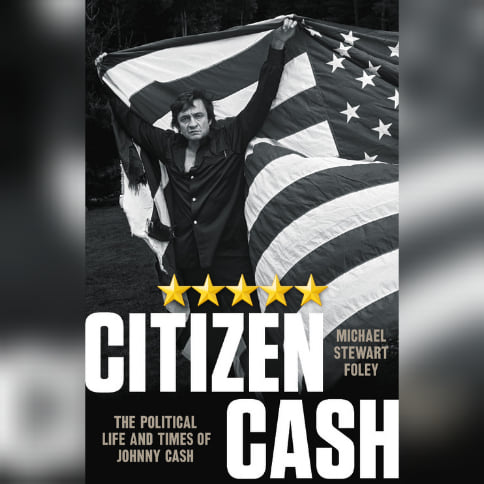For this blog tour, we’re looking at an excellent book where I found some of the secondary characters even more intriguing than our leads. For this blog tour, we’re looking at The German Wife by Kelly Rimmer.
Here’s what I had to say on Goodreads:
Evil Isn’t Born. It Is Created. Of all the WWII historical fiction books I’ve read over the years – and at this point, it is a decent number – this is the first to highlight one particular scenario that I’m almost positive has impacted my own life. Specifically, Rimmer does a phenomenal job with one of her characters fighting in WWII and having a particular experience that I’m nearly positive (as much as I can be, given the dearth of records) my own grandfather had a very similar one. She shows how, particularly if the soldier perhaps had already endured some level of trauma, this particular experience (and I’m being intentionally vague to avoid spoilers) could truly push them off the deep end and take them from troubled-yet-manageable to outright evil. But even there, Rimmer takes care to show that there is still hope that the person can be redeemed. Similarly, she also uses another character in a similar mold, but at a much different age and on the opposite side of the war. Rimmer does a great job with making the story hit notes not always seen in this genre, and in the process manages to humanize many types of people that are all too often dehumanized by various groups today. Truly an astounding work, and very much recommended.
After the jump, an excerpt from the book followed by the “publisher details” – book description, author bio, and social media and buy links.
Continue reading “#BlogTour: The German Wife by Kelly Rimmer”



